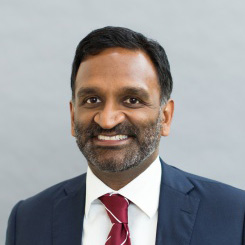
Those were the words of a German-born businessman in New York, quoted in today’s Wall Street Journal op-ed by Daniel Henninger.
This lucky German continues:
“A European at the age of 25, with little money but a lot of ambition and ideas, could not expect to move outside his own country–move to say the center of France, or the center of Italy, Belgium or any other country–and have much prospect of succeeding. He would remain an outsider.”
In the wake of the riots in France, there’s been a lot written about the Islamist influences, the lack of assimilation into French life, the stagnant economy – all of which show the worst sides of both religious and economic life as its now exists in Europe. The litany of European woes is just too long to list.
There is no doubt that America, as a nation of immigrants, assimilates foreigners much easier than European countries do; I never expect to pass for an Italian, no matter how long I live here. The problems France and other European nations are facing should teach us just how exceptional America really is, and how thankful we should be for our blessings, despite our own gathering problems of national identity and multiculturalism.
In another post next week, I’ll try to show you how just how absurdly difficult it is to reform European ways…but I don’t want to ruin my weekend.

